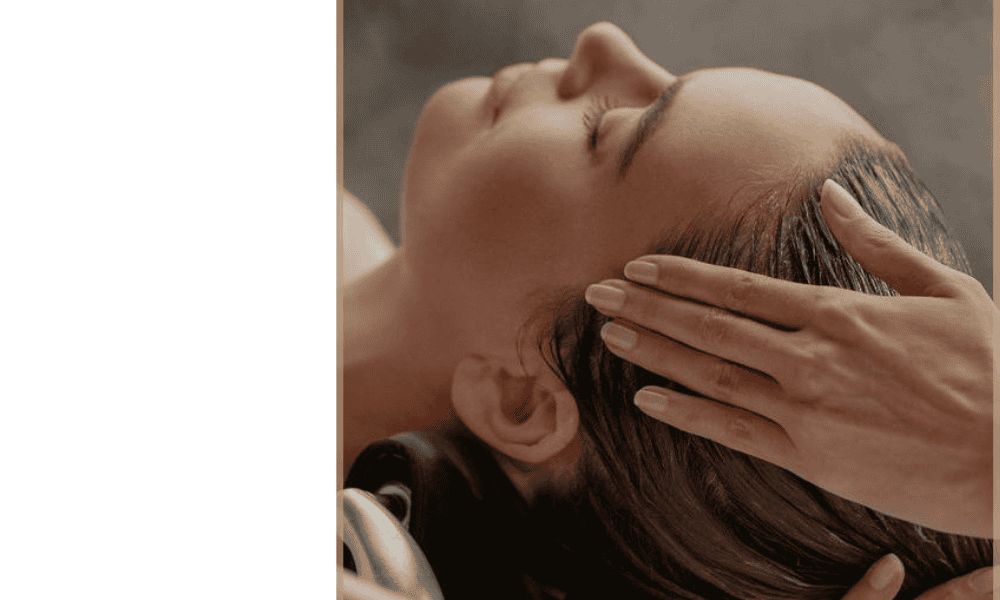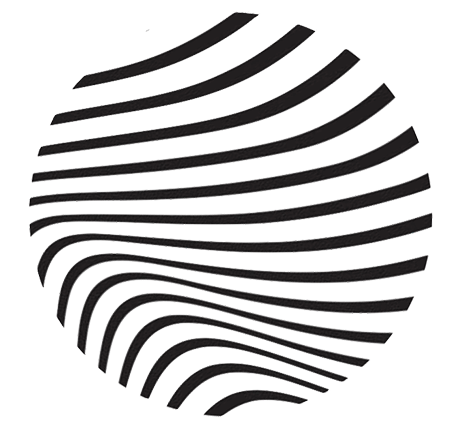Why Does the Scalp Become Unhealthy?

Why Does the Scalp Become Unhealthy?
- Genetics
Family history plays a big role in scalp health. If scalp issues are common in your family, you’re more likely to experience similar problems like excess oil or hair loss. - Hormonal Imbalances
Fluctuations in hormones, particularly androgens, can lead to excessive or insufficient oil production, causing scalp issues. - Bacteria
Overgrowth of bacteria like Malassezia or Staphylococcus can irritate your scalp, leading to itching or inflammation. - Over-Cleansing or Improper Care
Harsh shampoos, frequent blow-drying, or hot tools can strip your scalp of its natural barrier, causing damage. - Unhealthy Habits
Stress, late nights, and poor circulation can disrupt the natural health of your scalp. - Poor Diet
Diets high in sugar, fat, and spicy foods or lacking essential nutrients can weaken scalp health.
A healthy scalp is the foundation for strong, beautiful hair. Let’s look at some steps you can take to nurture it.
Simple Steps for Scalp Care
1. Wash Your Hair the Right Way
Use lukewarm water: Hot water can over-stimulate oil production.
Wash 2–3 times a week: Over-washing strips natural oils, while under-washing allows dirt to build up.
Dry carefully: Let your hair air dry or use a low-temperature setting on your blow dryer to avoid damage.
2. Pick the Right Products
Oily scalp? Go for lightweight, clarifying shampoos.
Dry scalp? Use nourishing, hydrating products.
Avoid harsh ingredients: Stay away from sulfates and alcohol, which can irritate the scalp and worsen inflammation.
3. Massage Your Scalp
Gently massage with your fingertips during shampooing to boost blood flow and nourish hair follicles.
Avoid tying your hair too tightly, as it can strain the scalp and cause hair loss.
4. Eat for Healthy Hair
Include protein, iron, zinc, and B vitamins in your diet. Foods like eggs, fish, lean meat, spinach, and carrots are excellent.
Reduce high-sugar, high-fat, and overly spicy foods that can disrupt scalp balance.
5. Manage Stress
Stress affects hormones and scalp health. Practice yoga, meditation, or deep breathing to relax and restore balance.
6. Avoid Excessive Heat Styling
Limit perms, dyes, and hot tools that can weaken your hair.
When styling, choose high-quality products and follow up with restorative treatments.
When to See a Professional
If you notice:
Persistent scalp itching, Excessive dandruff, Losing more than 100 hairs per day
It’s time to consult an expert. Early diagnosis and treatment can make a big difference.
Healthy Scalp, Healthy Hair
Caring for your scalp is a long-term commitment. By maintaining good hygiene, eating a balanced diet, adopting healthy habits, and using the right products, you can achieve stronger, healthier hair.
If you’d like professional advice, our team at International Hair Institute in downtown Chicago is here to help. We specialize in FUE hair transplants, PRP treatments, and offer free consultations in English, Spanish, and Chinese. Contact us today for personalized care!




